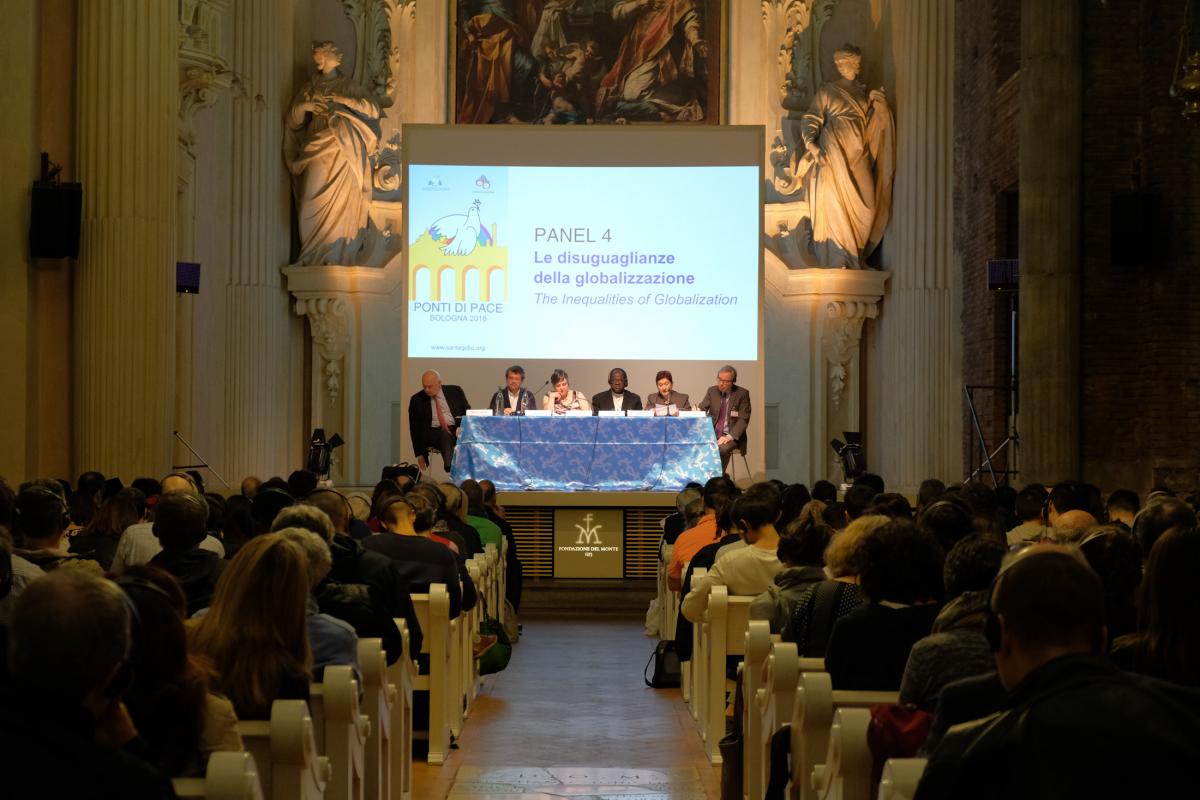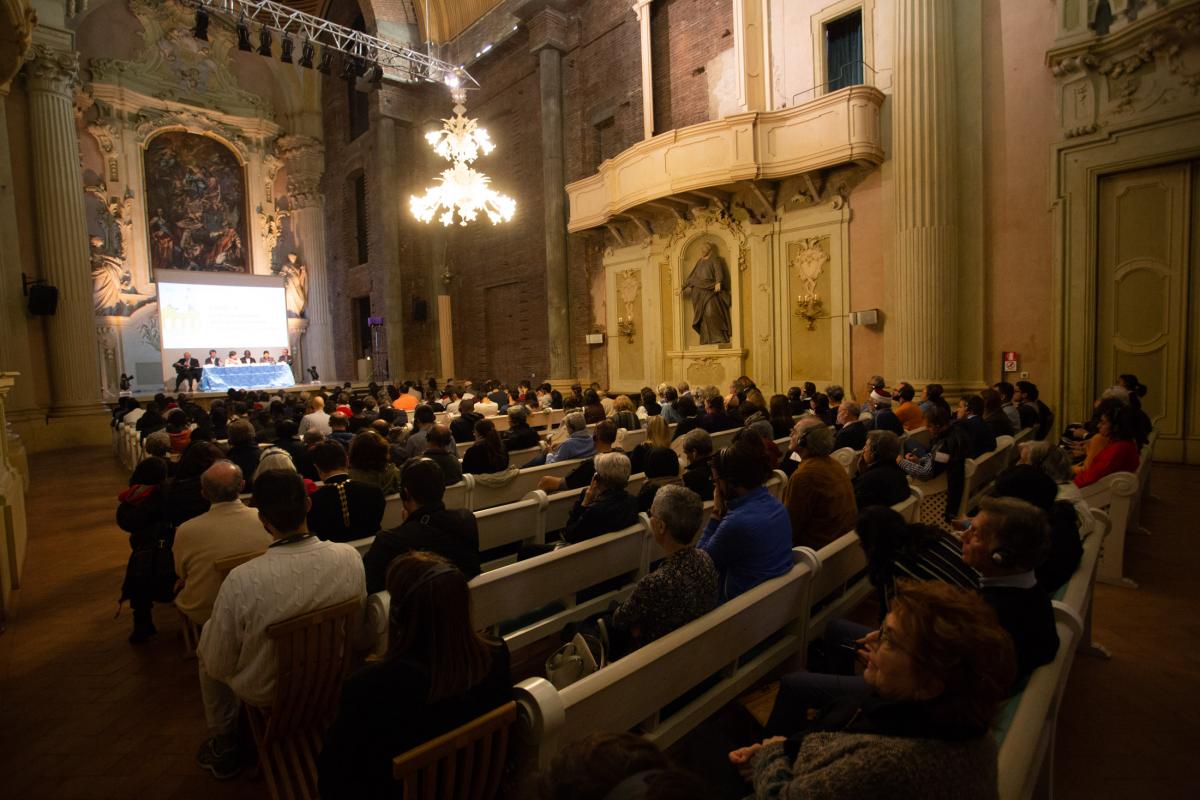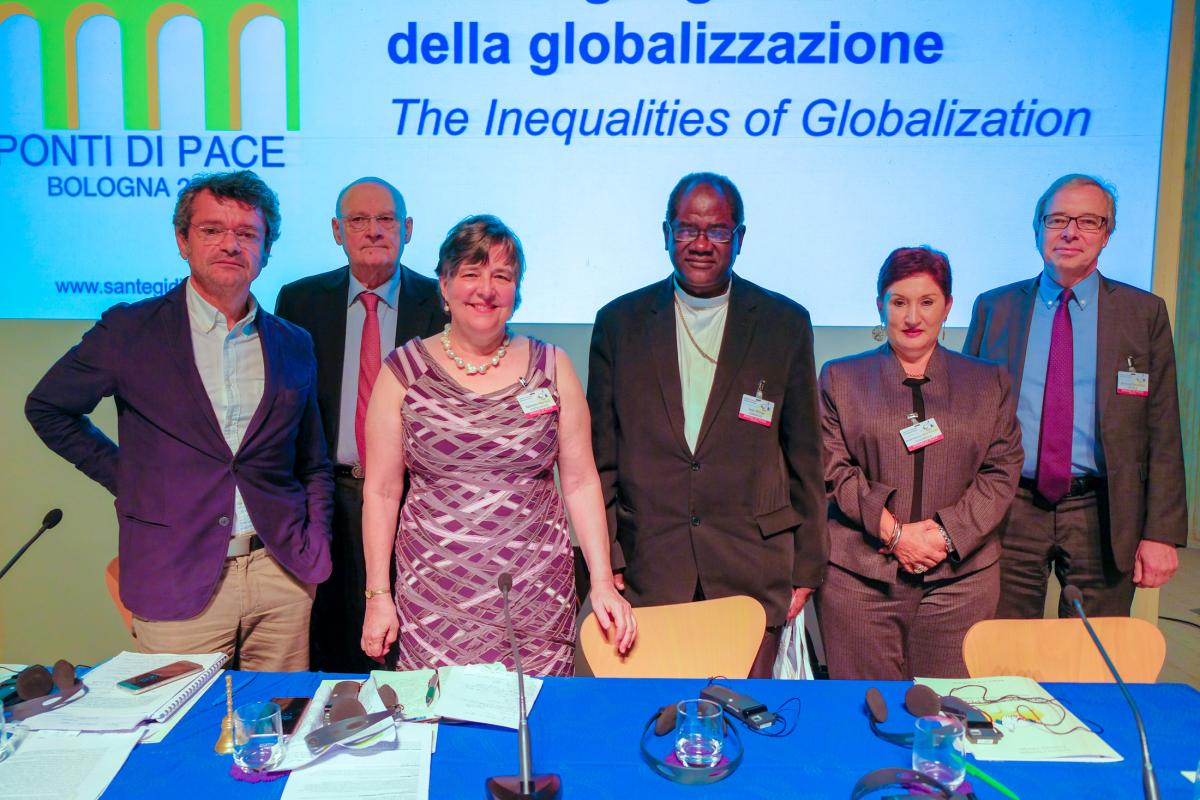
Inequality is a leading ethical issue of our times; I would argue that it is THE leading ethical challenge. Its many dimensions extend from global, world affairs to the nation, local community, and even the family. It permeates wide-ranging topics, from health care and education to business practice and international finance. Inequalities among religious traditions and within religious communities are start realities.
But inequality is a highly contested idea and term and a hope for our panel discussion today is to explore why and what that means and implies. Five dimensions of the challenge are subject to particular contestation:
(a) Is inequality essentially bad or can and do its positive aspects temper or overcome negative facets? At a broad level, is inequality simply inevitable and unavoidable? Many negative aspects of inequality are abudantly clear, above all the rank unfairness associated with the simple fact of birthplace and inheritance. While inequality, exemplified in slavery and serfdom of past eras and in women’s subordination, was a fact of life through most of history, the framework of human rights is bolstered by the centrality of the spiritual and ethical commitment to equality among all persons. So what of the oft-assumed positive aspects of inequality? Competition can support excellence and may be inextricably associated with it. A focus on capabilities and opportunities (as opposed to equal outcomes) is a common response, as are social protections that act directly to support vulnerable groups. Another is to focus more on equity (associated with fairness and justice) than on equality, which can be read to imply uniformity or sameness. The lingering question is how the many tensions among facets of inequality be reconciled.
(b) Is inequality getting worse or better and how is this linked to various forces at work in globalization, including finance and media roles? There are strong narratives that argue BOTH that inequalities are growing larger at global, national, and local levels, contributing to widening polarization and that the trends go in an opposite direction. There is much to learn from exploring these differing narratives and the various parameters (urban versus rural measures, for example) that help to explain the different interpretations.
(c) How are challenges of governance and above all the corruption that undermines so many efforts to address development priorities including true equality of opportunity linked to inequalities? How far and in what ways do corrupt practices and the distortion and corruption of public roles affect patterns of wealth and power?
(d) How is inequality linked to conflict and the challenge of building peace, the central theme of the Sant’Egidio meeting? Inequality and intergroup tensions are clearly associated, both in perceptions of rank injustices and in the realities of diffences in paths and opportunities. What more can be done to understand and address these specific dimensions of inequality?
(e) And last but by no means least, what are the best (and worst) ways to address inequalities, at their many levels? What works and what does not? How can theological and ethical understanding best shape practice and assessment of impact?
Today’s panel includes wide-ranging experience and perspectives, beginning with business and multinational corporations (Bertrand Deroubaix, public affairs director of Total, France), specific experience in addressing corruption and violence against women (Thelma Esperanza Aldana Hernández, Guatemala’s former president of the supreme court), religious leader (Msgr. Jean Mbarga, Catholic archbishop of Yaoundé, Cameroon), scholar and social activist (Andrea Segre, agronomist, University of Bologna), and renowned economist and public intellectual (Stefano Zamagni from the University of Bologna and Johns Hopkins University).





